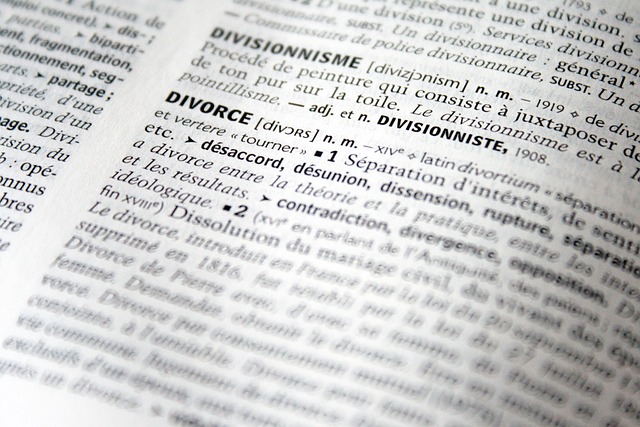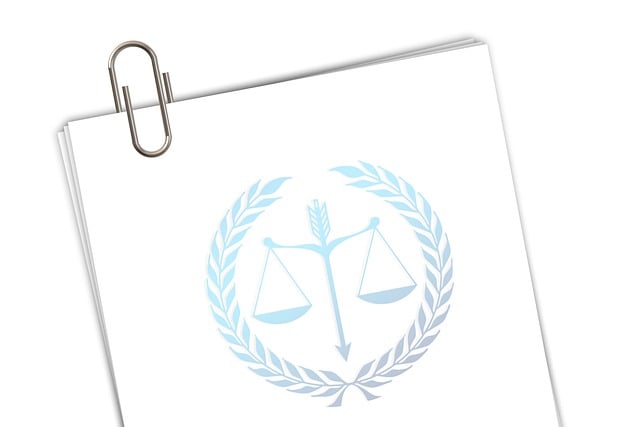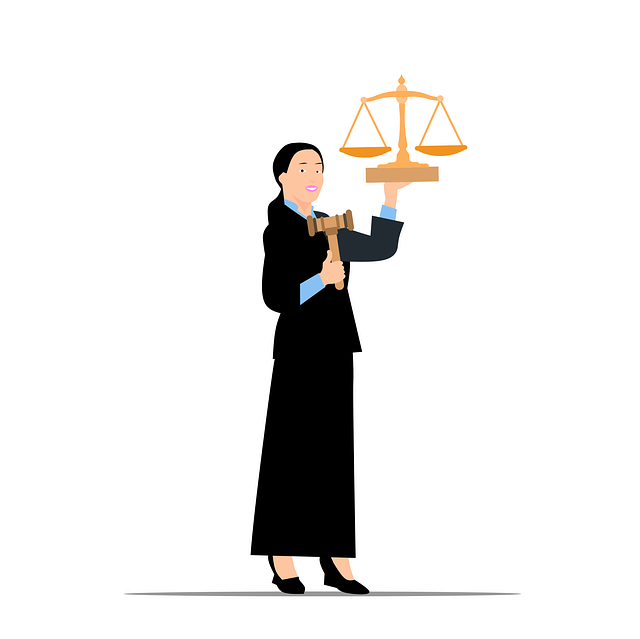Mail wire fraud, where criminals impersonate businesses via emails and wire transfers, is a global issue. To protect yourself, recognize phishing attempts, verify sender identities, document suspicious emails, and report them. If affected, take immediate action: contact financial institutions, file an employment law complaint, and report the incident to regulatory bodies. Stay calm, gather evidence, inform law enforcement, consult a fraud or employment law attorney, and hold perpetrators accountable through legal action to protect communities worldwide from similar scams.
Mail wire fraud, a sophisticated and increasingly common scam, exploits individuals and businesses through deceptive email or phone communications. This article demystifies mail wire fraud, exploring its defining characteristics and prevalent tactics. We offer practical guidance on what to do if you’ve fallen victim to such a scheme, with a particular focus on navigating steps to file an employment law complaint, ensuring your rights are protected.
- Understanding Mail Wire Frauds: Definition and Common Schemes
- Steps to Take When You're a Victim of Mail Wire Fraud
- File an Employment Law Complaint: Rights and Resources
Understanding Mail Wire Frauds: Definition and Common Schemes

Mail wire fraud refers to a malicious act where criminals impersonate legitimate businesses or financial institutions via email or wire transfers, tricking victims into sending money or sensitive information. These scams often target individuals and businesses alike, aiming to exploit trust and urgency to facilitate unauthorized transactions. Common schemes involve phishing emails that appear to be from banks, demanding immediate action due to supposed account issues or urgent business matters.
To protect yourself from such frauds, understanding the strategies employed by these criminals is vital. Always verify the sender’s identity by contacting your bank or respective business directly using official communication channels. Be wary of spelling mistakes, urgent requests for personal information, or unexpected attachments. Documenting suspicious emails and reporting them to relevant authorities can aid in combating these scams. If you’ve fallen victim, take prompt action by informing your financial institution and following the steps to file an employment law complaint or report to the appropriate regulatory bodies, aiming for a winning challenging defense verdict against these deceptive practices that harm both individual and philanthropic and political communities.
Steps to Take When You're a Victim of Mail Wire Fraud

If you’ve fallen victim to mail wire fraud, it’s crucial to take immediate action to mitigate further losses and protect yourself legally. The first step is to remain calm and gather all relevant information related to the fraudulent transaction. This includes saving any communication, such as emails or text messages, from the perpetrators, keeping records of all financial transactions mentioned, and noting down the exact dates and amounts involved.
Once you have these details, it’s time to inform the appropriate authorities. Contacting your local law enforcement agency is essential, as they can initiate an investigation and provide guidance on the next steps. Additionally, consider consulting with an attorney who specializes in employment law or fraud cases, especially if the fraud was related to workplace transactions or personal information breaches. This legal professional can assist you in understanding your rights, drafting a formal complaint, and even help when filing a claim against the perpetrators—be it an individual or a corporate entity—to recover any losses suffered across the country with their unprecedented track record of success.
File an Employment Law Complaint: Rights and Resources

If you’ve been a victim of mail wire fraud, one crucial step to take is to file an Employment Law Complaint. This isn’t just about seeking compensation; it’s about holding the perpetrator accountable and safeguarding others from similar scams. The process can seem daunting, but understanding your rights and resources is essential. Start by familiarizing yourself with local employment laws and seeking advice from legal professionals specializing in white collar and economic crimes. These experts can guide you through the complexities of the legal system, ensuring your rights are protected.
The steps to file an Employment Law Complaint typically involve gathering evidence, such as emails or records related to the fraud, and preparing a detailed account of the incident. This information will be presented to the appropriate authorities, who can then investigate and take necessary actions. Remember, standing up for your rights is not only beneficial for personal justice but also serves as a warning to others, potentially deterring future general criminal defense scenarios involving mail wire fraud.
Mail wire fraud can have devastating effects on individuals and businesses alike. By understanding common schemes and taking prompt action, victims can mitigate losses and protect themselves in the future. If you’ve fallen victim to this type of fraud, it’s crucial to familiarize yourself with the Steps to File an Employment Law Complaint and exercise your rights. Don’t let scammers dictate your circumstances; instead, empower yourself with knowledge and take control by reaching out to relevant legal resources.






